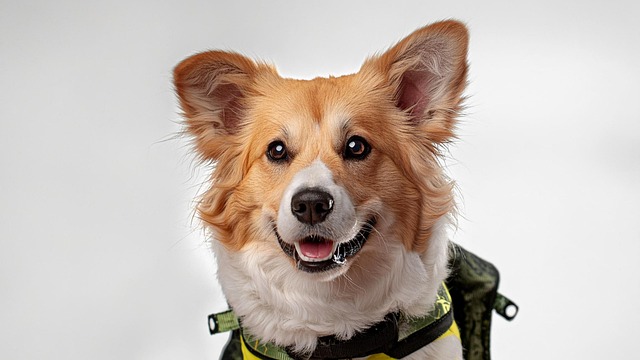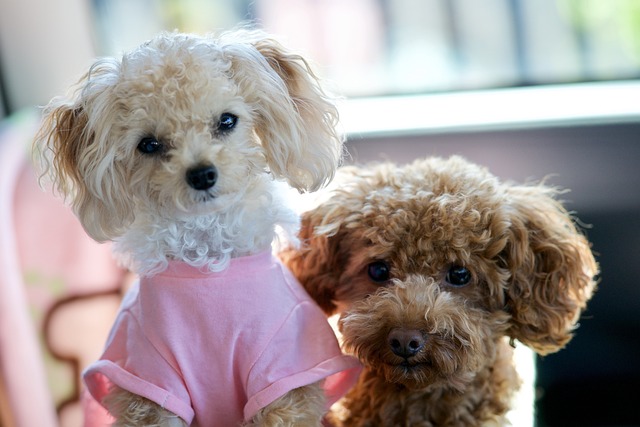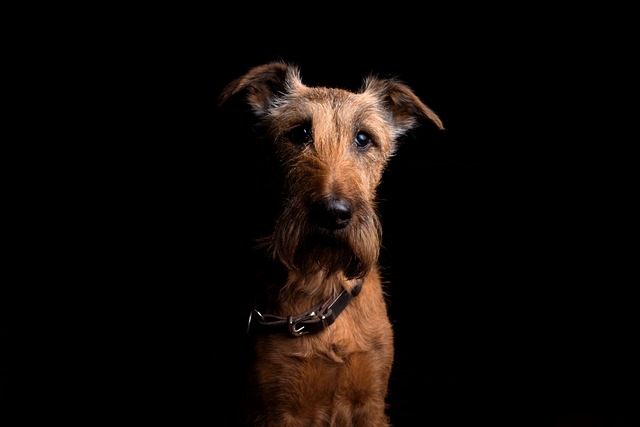
Can an aggressive dog be tamed?
Coming home to a dog that growls, lunges, or shows teeth is heart-breaking. Aggression isn’t just scary—it can strain the bond you want with your furry friend.
Picture this: You’ve just brought home your 8-week-old golden retriever, and within hours, your favorite shoes are chewed, there’s a puddle by the sofa, and midnight whining echoes through your apartment. Take heart—this chaos is normal, and the solution lies in working with your pup’s developing brain, not against it. Puppies have narrow developmental windows: socialization peaks before 16 weeks, while bladder control matures around 6 months. Nail these four pillars, and you’ll build a confident, well-mannered companion.
Start with socialization—your top priority. Before week 16, expose your pup to 100+ positive experiences. Carry your vaccinated puppy (parvo risk is real!) to outdoor cafes, hardware stores, and busy sidewalks. Reward calm behavior with chicken bits when garbage trucks rumble or skateboards whiz past. Miss this window? Fear-based behaviors like barking or hiding become far harder to fix later.
Next, potty training hinges on biology. A puppy’s bladder holds roughly their age in months plus one hour (a 3-month-old maxes out at 4 hours). Set phone alarms for key moments: upon waking, 15 minutes post-meal, after playtime, and every two hours otherwise. Rush them to a consistent spot, say "Go potty" as they eliminate, then celebrate with treats and play. Apartment dwellers, create a backup station near elevators with washable pads for rainy days. Always clean accidents with enzymatic cleaners—ammonia-based products smell like a bathroom to pups.
Bite inhibition is non-negotiable. When those needle teeth graze skin, yelp "Ouch!" and freeze for 10 seconds (mimicking littermate feedback). Redirect to frozen washcloths or rubber teethers—never punish mouthing; you’re teaching control, not fear.

Basic commands thrive on brevity. Puppy attention spans last just 2-5 minutes. Teach "Sit" by guiding their nose upward with a treat until their bottom drops; reward instantly. Practice "Stay" in 3-second increments during TV commercials. For "Come," only use it for joyful reunions—never for baths or nail trims.
Now, the legal and cultural essentials: Yanking leashes or scolding violates animal welfare laws in Germany and triggers fines in cities like San Francisco. Studies show force-based training increases aggression by 25%. Always carry biodegradable bags—Chicago slaps $500 fines for uncollected waste. Before puppy classes, complete the DHPP vaccine series (required nationwide). At parks like Austin’s Yard Bar, reward calm behavior around other dogs; letting your pup jump on strangers could get you banned.
Urban pet parents, adapt smartly:
1、Muffle city noises by playing piano music during crate naps
2、Use "quiet" training with extra-strength treats during doorbell drills
3、Practice leash skills in building hallways before hitting busy streets
Struggling? If your lab panics on elevators, toss treats near the door first. If your dachshund nips ankles, keep a tug toy in every room. Remember: Every interaction is training. I’ve seen shelter pups transform into cafe patio regulars using these methods. Stay patient, stash treats everywhere, and enjoy the puppy whirlwind—it passes faster than you think.

Coming home to a dog that growls, lunges, or shows teeth is heart-breaking. Aggression isn’t just scary—it can strain the bond you want with your furry friend.

Picture this: It’s 3 AM in your Seattle apartment complex courtyard, rain dripping down your neck as your 12-week-old Golden Doodle, Benny, sniffs every leaf instead of peeing.

Ever found yourself crouched on the kitchen floor, staring at a fresh puddle and wondering if there’s a magic solution to puppy potty training?

Picture this: You’re rushing to clean up your 12-week-old Labrador’s puddle on your Chicago apartment’s hardwood floor again while late for work.

Tired of your dog’s endless barking at every passerby during walks? You’ve probably felt that mix of frustration and embarrassment when your pup lunges and growls at innocent strangers.

Discover how dog whistle training uses clear, humane signals and positive reinforcement to effectively curb barking and strengthen your bond with your dog.